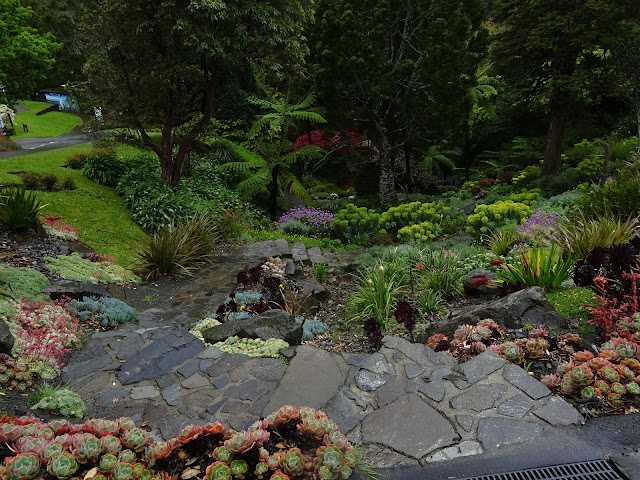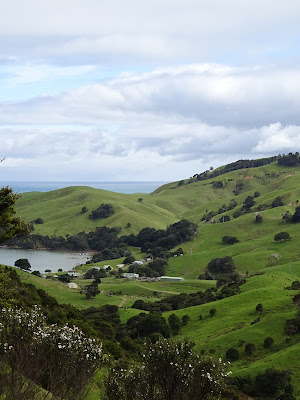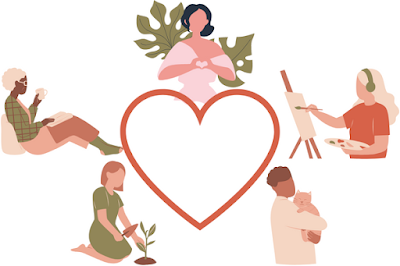Sustainability through Hope
A few months ago I challenged myself to write a children’s book on climate change, simple enough to be put into a picture book. How could I explain this vast topic to the next generation that will truly live it?
I experimented with the analogy of a fever. “The world is sick,” I wrote. The earth will keep upping its temperature until the infection is killed off, and the world can begin to heal again. The problem with that analogy is, what is the infection? Is it humans?
When it comes to addressing a huge looming problem, fear is a strong but short-term motivator. Fear changes your habits for several weeks, even a few months or years, but it can’t be a sustainable way to live your day-to-day life. Hope is a much more effective stimulator of positive change.
Planting Hope
I found hope in the 1970 book, The Secret Life of Plants. It described in scientific detail the liveliness of this terra, and the interconnectedness of all life — including plants — that is more felt than visible. Baxter’s experiments measurably demonstrated that plants understand our thoughts and intentions. The Findhorn community in Scotland showed that planting in love leads to a bountiful harvest.
The book stretched and pushed the boundaries of my understanding of the universe. And while many decry its claims as unbelievable or “pseudoscience,” I resonated with them.
Perhaps that’s because this book played to my nostalgia of reading Narnia as a kid. C.S. Lewis’ mystical world had nymphs, fairies, talking animals, sentient trees…of both good and bad natures. I incorporated this worldview into my 10-year-old childhood. I was convinced it mattered how much attention I paid to even my stuffed animals, and felt a twinge of guilt about having favorites. Similarly, even now if I pay attention to one flower, marveling at its beauty, I feel the need to show at least an attempt at equal love to my other plants.
In the second book of C.S. Lewis’ space trilogy, Perelandra*, the protagonist encounters a new Garden of Eden scenario, this time on Venus. In this paradise, a mortal earthling observes what Earth could have been like if the world’s original mother and father had chosen differently. Notably, Venus’ Eve has a completely harmonious relationship with nature, both plants and animals. In fact, the more time she spends with them, the more sentient they appear to be. Stewardship, in Lewis’ book, reflected a higher calling of awakening love, care, compassion and joy in our surroundings.
All of these books, fictional and non, give me hope. Hope that — despite being an individual — if I love the world well enough it will bear fruit. My love matters, even in a world ruled by fear, cynicism, bitterness, and division.
What we sow matters — both literally and figuratively. The plants in our gardens are not deaf to our encouragements or blind to our intentions. And through our positive interactions, we ourselves find wholeness.
Finding Wholeness
The first time I traveled to New Zealand, I described the scenery as “thirst-quenching.” I did not know I was thirsty, or even what this thirst was, until my eyes soaked in the greenery and my heart felt full. It was a feeling of peace, serenity, and joyful contentment, all communicated through nature. Even after leaving, there is a part of my heart that yearns for this island across the world.
Something about New Zealand made Perelandra come alive. Maybe it was the fantails that would fly in and out of the house feasting on the flies, or the tomtits that would teasingly fly close by you, as if considering whether to land on your patient, outstretched finger. Maybe it was engaging in the cycle of planting, harvesting, eating and then returning plant matter to the soil surrounding our home. Maybe it was the marvelous abundance of life all around us.
Yes, this is a time of great uncertainty as to how the future of our terra will look.
Even so, I cling onto hope. I make sure to gaze upon my plants’ beauty and dwell upon the thought of their miraculous lives, sometimes even whispering it aloud. I engage in this mystical view of stewardship stirred by the imagination of Lewis and other earth-lovers. If anything, it soothes my soul to meditate upon the greenery and life in my world.
In the end, I find hope in this truth: that love makes a difference.




Comments
Post a Comment